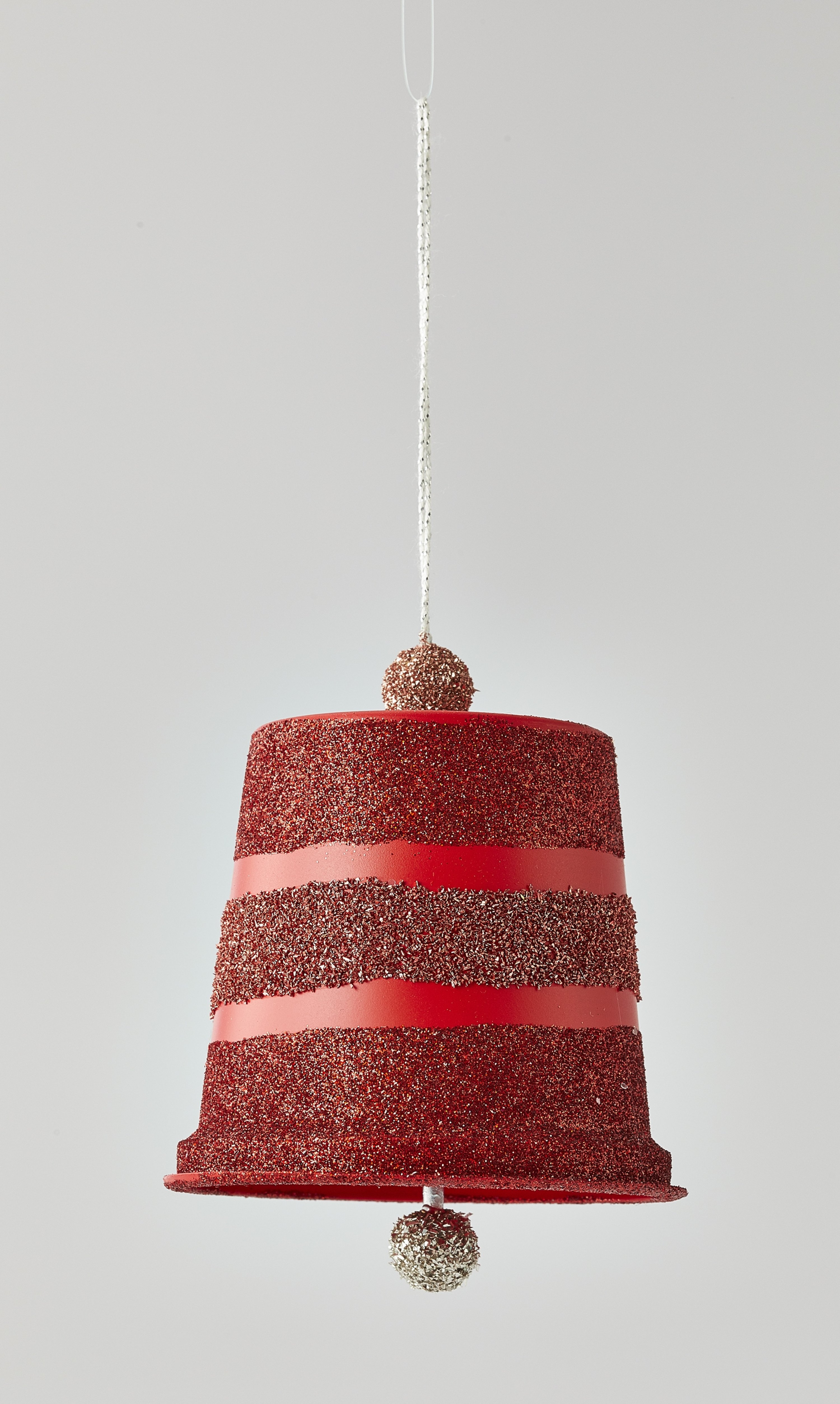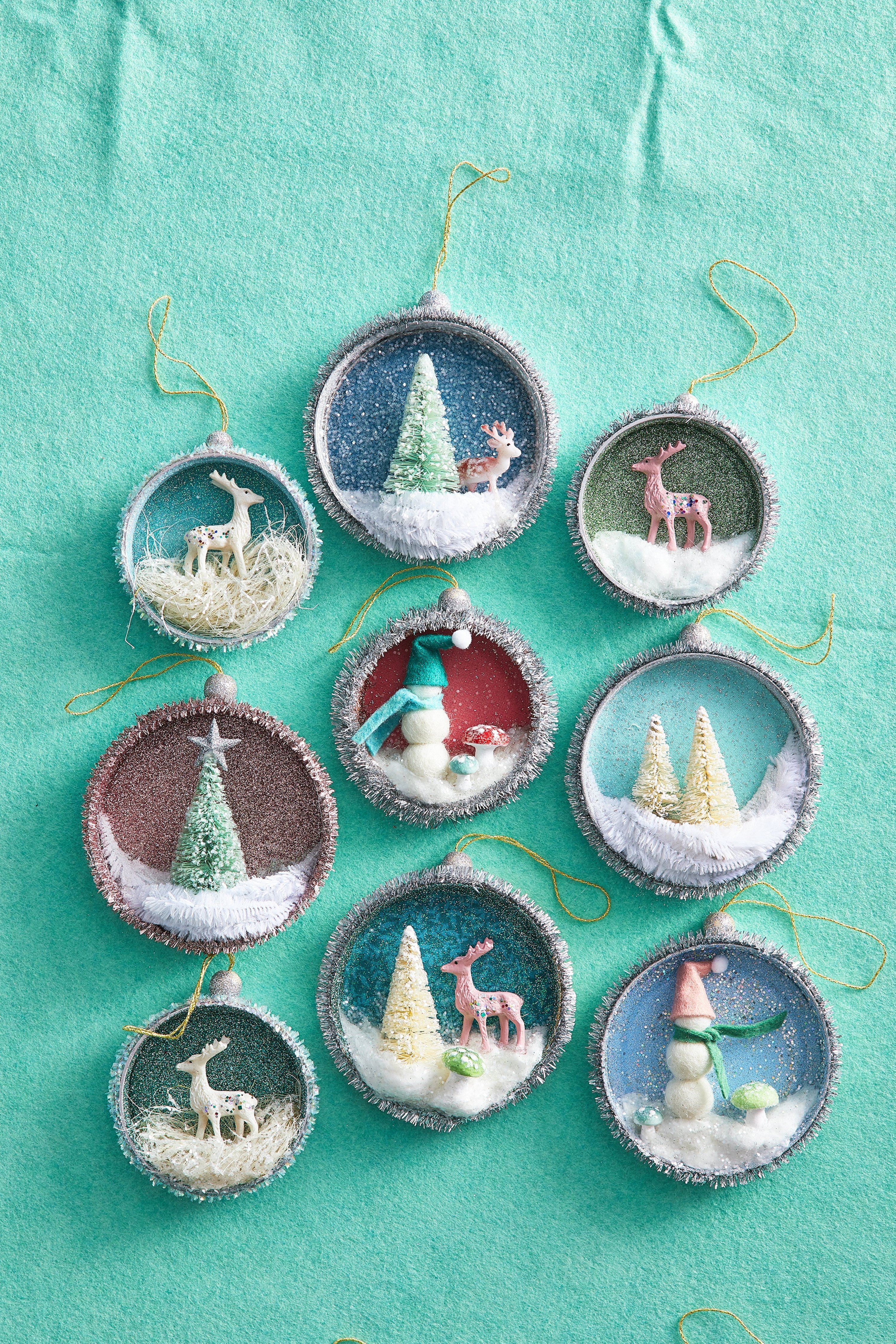© Turkuvaz Haberleşme ve Yayıncılık 2024
With decorations, trees and gifts, the Christmas season is the most exciting time of the year for millions of people, however, it can also be very harmful to the environment.
With concern about climate change growing, this holiday season is a chance to try celebrating in more planet-friendly ways. Simple changes to the way we gift wrap, send cards, decorate and entertain can cut out a lot of waste. (And often save money in the process.)
"This is the year to approach the holidays with sustainability foremost in mind. It's a great way to feel good as you enter the giving season," says Liz Vaccariello, editor in chief of Real Simple.
Think carefully about what you're buying, says Melissa Ozawa, features and garden editor of Martha Stewart Living, "and focus on things that are meaningful and last."
That often means natural and recyclable materials.
"Now more than ever, it's good to ask yourself, 'Do I really want this? Will I use it? What's the impact on the planet?'" Ozawa says.
Some activities to look at:
Unease over paper waste has many people turning to reusable bags and other options. Some companies that make wrapping paper have launched recyclable lines, or removed glitter, which is not recyclable, from their products.
Vaccariello recommends stocking up on gift bags and ribbons that come your way and reusing them.
Or consider things like old maps, pages from magazines, and decorated Kraft paper as recyclable gift wrap, and embellishing them with fragrant sprigs of rosemary or evergreen, says Amy Panos, home editor at Better Homes & Gardens.

Both she and Ozawa like the Japanese tradition of furoshiki, in which gifts are elegantly wrapped in cloth. The pretty and sturdy wrapping cloths can be found in shops or online.
Or use colorful tea towels or scarves, making the wrapping cloth part of the gift itself. Better Homes features a guide to wrapping in cloth on its website.
"The tide has really turned, and it's fine to give and receive electronic cards. There are so many digital options now, and people get just as much joy out of it," says Vaccariello.
Those who stick with traditional cards might opt for ones printed on recyclable paper, and skip those featuring glitter or foil.
Cards from California-based PaperCulture.com, for example, are printed on 100% post-consumer recycled paper. To offsets its carbon footprint, the company says, it works both locally and with the Arbor Day Foundation and Trees for the Future, pledging to plant a tree for every order.
"There's room, and demand, for saving the planet while having things that are inspirational in the way they're designed," says CEO Christopher Wu.

Again, think of reusing and recycling, says Vaccariello. Greenery left over from trimming a tree or clipped from the outdoors can be used in wreaths or garlands, for example.
Last year's holiday cards can be cut out and hung as decorations, says Panos.
If your holidays lights are old, switch them out for energy-saving LED ones, says Ozawa, at Martha Stewart Living. They use 75% less energy than incandescent bulbs according to Energy Star, and will last years longer, she says.
Artificial or real? "The greener choice would be buying a real Christmas tree from a local farm," says Ozawa.
"The trees are grown for the purpose of being cut, and new ones are typically replanted every year, so the cycle continues," she says.
"Buying local means that it didn't use tons of fossil fuels to get to you. Plus many municipalities pick up trees after the holidays and chip them to use as mulch, so you're not adding to the landfill. And you can't beat the smell of a fresh-cut tree."
If you do buy an artificial tree, she says, plan to use it for many years.
"I would also consider the material of the artificial tree. When making your decision, ask: Is it made with recycled materials? Or can it be recycled?" Ozawa suggests.

When hosting a gathering, avoid single-use plastics and go with more eco-friendly options, like regular plates and cups. If single-use seem unavoidable, choose compostable versions made from things like bamboo or sugar cane, says Vaccariello.
"Just be sure to put out clearly labeled bins for compostables and recyclables," reminds Panos. "Otherwise it'll still end up in the trash."
Instead of offering guests a plastic goodie bag or doggie bag on their way out, save takeout containers and reuse them, she suggests.
"And at the end of the party, consider donating unopened bags or cans of food to a food pantry," Panos adds.
